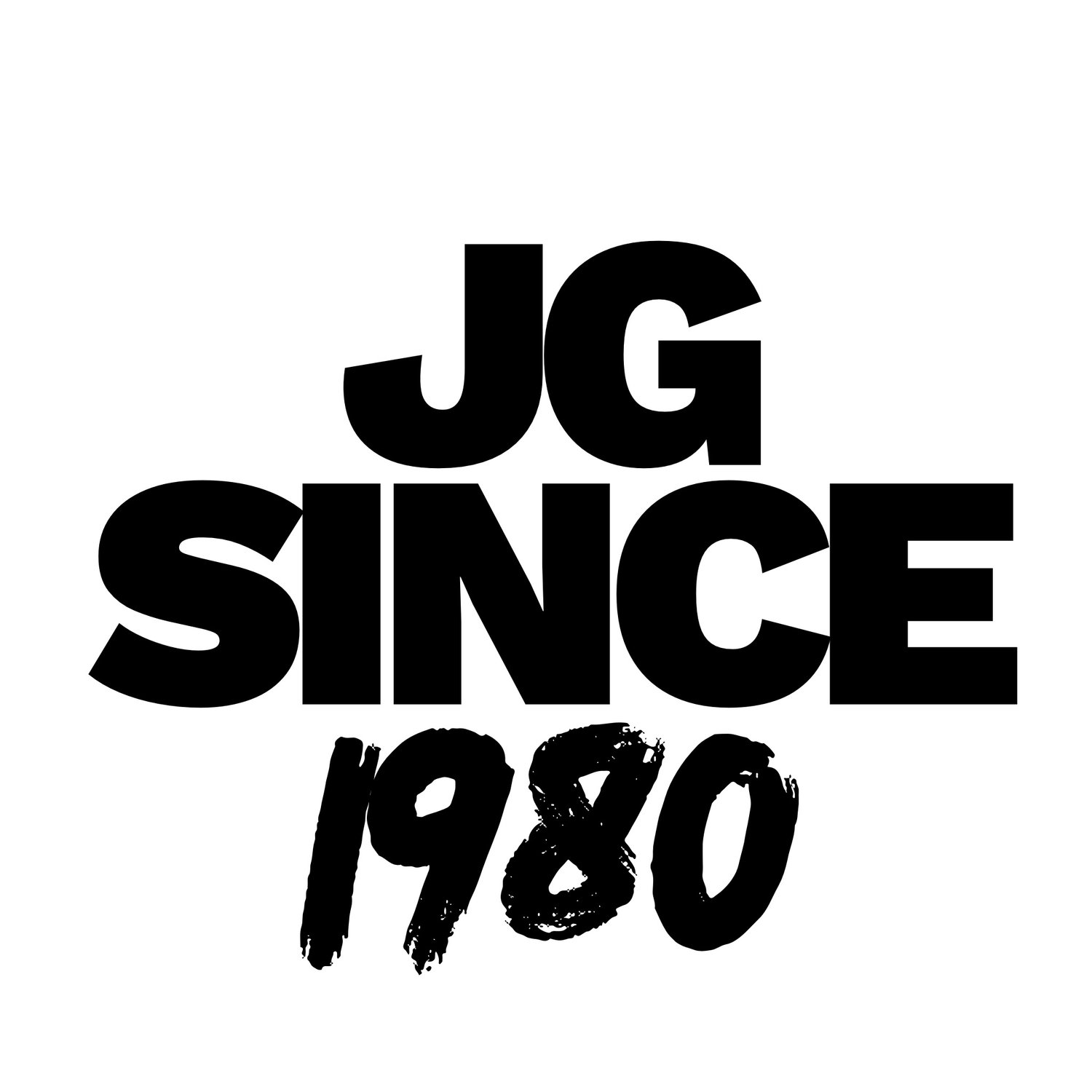Yes, I Am Black.
In many of the spaces I’ve entered to be part of a community, one of the first things people attempt to adjust in order to shape my reality is their definition of my blackness. It’s as if my melanated skin alone does not serve as a sufficient identifier. I can only speak to this from my viewpoint as an American. I haven’t spent enough time in spaces outside the U.S. to observe this phenomenon at play elsewhere.
Being born and spending my early childhood in Jamaica, there wasn’t much emphasis on my blackness. Yes, Jamaica is a predominantly Black country, with Black people occupying leadership roles at all levels—a reality that has existed since my birth. Jamaica is also a prideful nation, particularly in its celebration of independence from colonial powers and the British monarchy. At the time of my birth, Jamaica was still tied to those powers in many ways, despite its independence. Over time, as Jamaica further developed as a nation, it also intertwined itself with global entities like the IMF and World Bank. Yet within the country, there was always a cultural consciousness and awareness. We knew we were Black—that was simply a fact of life. I didn’t encounter people trying to define or shape my blackness in the way I have in the United States.
I first encountered this during my early days in elementary school after immigrating to the U.S., specifically in fourth grade. My accent gave me away immediately. Both my white and Black peers were quick to remind me that my Blackness wasn’t the “right” Black—it wasn’t “American” Black. Many Black immigrants would testify to this experience, as it’s far from unique to me. This phenomenon extended beyond the schoolyard and manifests in communities across the world, where we see sub-communities forming within larger ones.
I’ve also experienced this in the professional world. In many professional spaces, there is often a special niche—now more commonly referred to as an affinity group—for Black professionals. For example: Black in Tech. While I understand the reasoning behind such groups, I’ve always rejected them. Personally, I don’t want to be defined as “Black in Tech.” Yes, I am Black. Yes, I work in tech. But I’d rather not categorize myself that way.
I encountered this same phenomenon in the church. There was nothing more bizarre than white Christians going out of their way to teach me Black liberation theology—because if I was going to be a pastor in their white church, it had to be to cultivate a Black Christian community within their larger church. Yet again, this was another affinity group I had to reject. There’s much I could say about the lack of cultural humility here, particularly regarding a liberation theology that wasn’t shaped by Christians at all. My experience wasn’t surprising, though, because in their eyes, I’m Black.
I’ve also faced this in civil and social matters. I’m expected to belong to and serve the Black community because it is the most marginalized. While I understand this expectation, especially at this point in my life, I can’t help but say, “Trust me—I know I’m Black.”. I know! 🤫
🎁 Join Robinhood using my link, and we’ll both earn our own gift stock. It’s a win-win situation! https://join.robinhood.com/jameelg28
Copyright © 2025 Jameel Gordon - All Rights Reserved.

